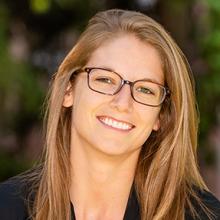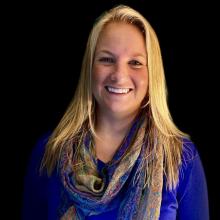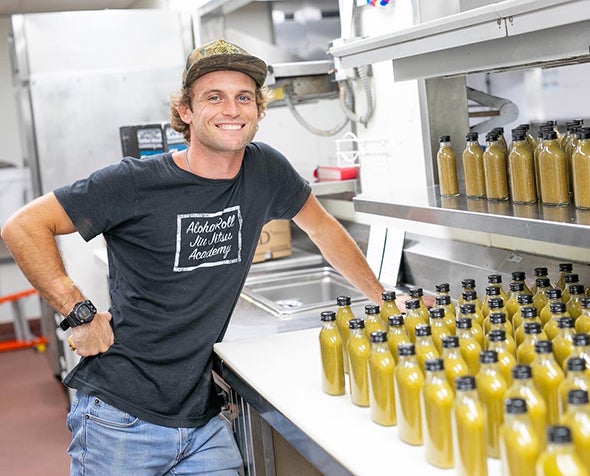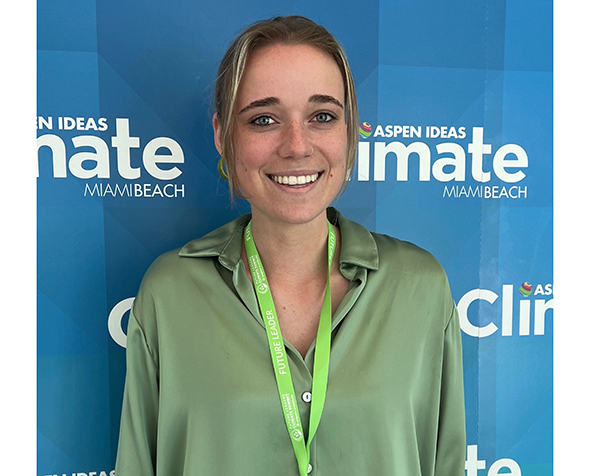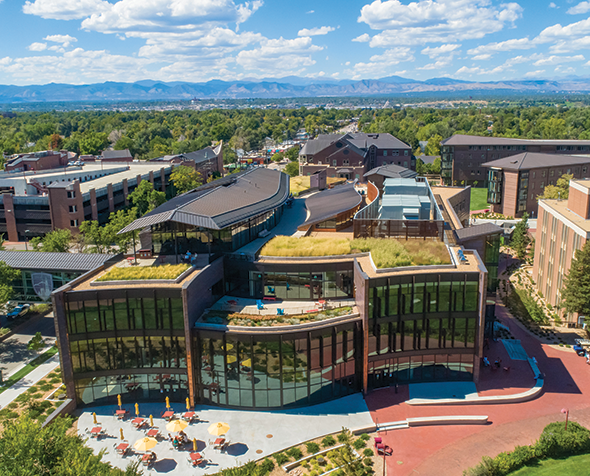DU Introduces Groundbreaking Classes to Combat Eco-Distress, Climate Anxiety
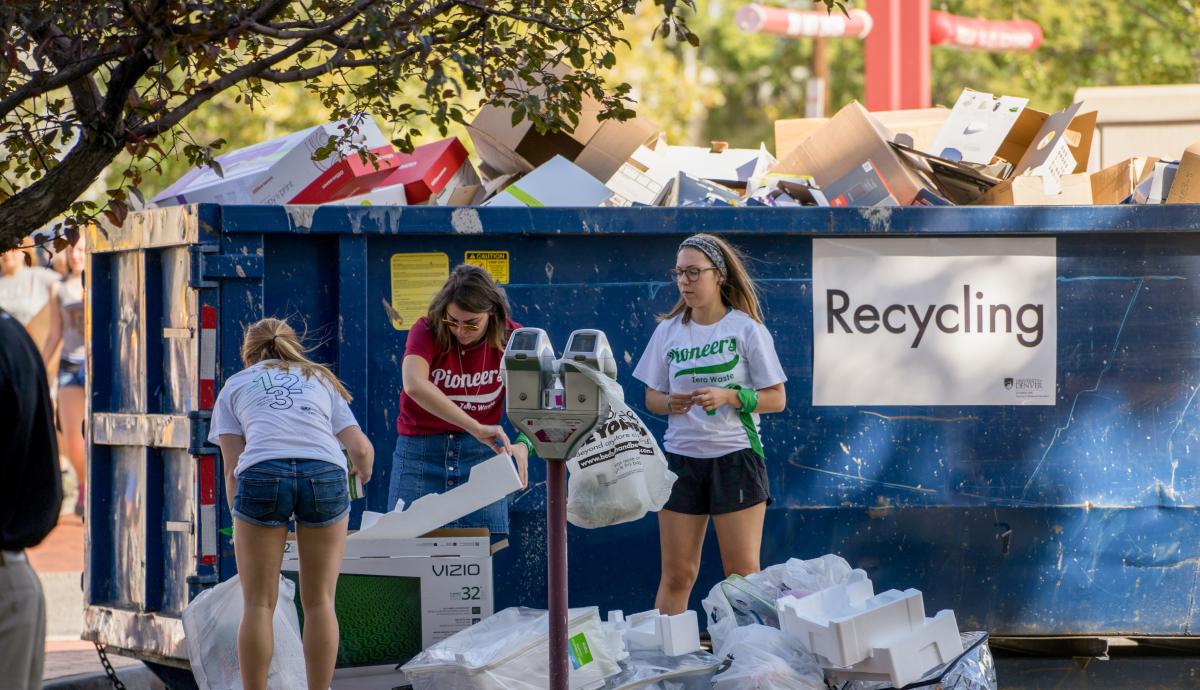
More and more, college students are worrying about the future of the planet, and it’s having serious effects on their mental health.
That’s according to University of Denver Graduate School of Social Work (GSSW) professors Julia Senecal and Kristen Greenwald, who have been involved in the creation of two new courses that aim to help students understand and cope with the realities of the changing environment and climate.
“We do know that in our classes, students continue to come up to professors after lectures where they've been inundated by information related to social-ecological collapse, being like, ‘Oh my gosh, I'm feeling all these things, but what do I do with them?’” says Senecal, the director of DU’s Center for Sustainability.
These feelings can be categorized broadly as eco-distress, a term that encompasses the complex and varied emotions felt in response to learning about global environmental change and its effects. This can include depression, anxiety, grief, sadness, anger and more.
Senecal will head up an undergraduate course in the winter quarter, titled, “Leveraging Eco-Distress to Create a Regenerative Future.” She says the creation of her course is a direct result of the feedback she heard from DU students about their struggle to cope with eco-distress.
“This course, I believe, is in response to noticing our students’ heightened distress and really supporting them and moving along the spectrum, from, ‘Yes, feel the feels, validate them, build community,’ and then, ‘How are we moving ahead and empowering them and taking action?’” Senecal says.
The ten-week class will encourage students to reflect on their own psychological reactions to global environmental change and to think critically about how to empower themselves and others to work to fight threats to the climate and environment.
Senecal says the class isn’t just for students who are studying sustainability or ecological justice. She encourages everyone from business students to creative writing majors to consider taking the course.
“The reality is that social-ecological justice is an issue that touches every single field,” she says.
Kristen Greenwald is heading up her own, graduate-level class on a similar topic.
“Environmental Change Impacts and Resilience Strategies for Mental Health” launched with its first class in spring 2023 and will be offered again in Spring 2024 as part of GSSW’s Ecological Justice Pathway. It’s open to all graduate-level students.
“I think it's worth noting, there's not many other academia offerings on this topic yet,” Greenwald says. “And we're really, for lack of a better term, some of the pioneers in this work.”
Eco-anxiety, Greenwald says, can be one of the more pervasive results of eco-distress.
“Folks are starting to have flash images—perhaps of the street they live on being filled with a flood and what would happen, or wildfires coming, and people are really having a different experience than we've ever had before,” she says.
Her course offers a clinical mental health understanding of eco-distress and climate trauma, aiming to prepare students to help others dealing with the condition.
“They will come out of my class ready to be practitioners, whether it's whether it's working in the policy world, or it's in a community organizing world, or working on a disaster response team or as a therapist,” Greenwald says.
Both Greenwald and Senecal acknowledge that eco-distress is affecting today’s youth in a way that it didn’t for older people.
“College students have recently been learning about these issues in high school, too, and elementary school in a way that some older generations didn't have that exposure,” Greenwald says. “But their teachers didn't have the expertise to say, ‘And here's how you manage the emotions.’ There's no school curriculum for the emotional side of our planet falling apart.”
That disconnect, Senecal says, is why it’s so important that older people work to help validate these emotions and experiences.
“How can we support generations across the board, and support each other, and lift up the voices of those coming behind them?” Senecal says. “Because it's not going to impact our parents as much as it's going to impact our kids, right?”
Senecal and Greenwald were recently featured on a RadioEd podcast episode about eco-distress and climate justice. Click here to listen and learn more.
DU has committed to becoming carbon neutral by 2030. You can find more information on this commitment and the University’s other sustainability goals here.
The University provides students with a wide range of mental health services, including inclusive and specialty services, group therapy, psychological assessments and more.
In any life- or safety-threatening emergency, dial 9-1-1 or call Campus Safety at 303-871-3000 or ext. 1-3000 right away. If you are experiencing a mental health crisis, call the Front Desk at 303-871-2205. Even after hours, there is always someone available to help.








